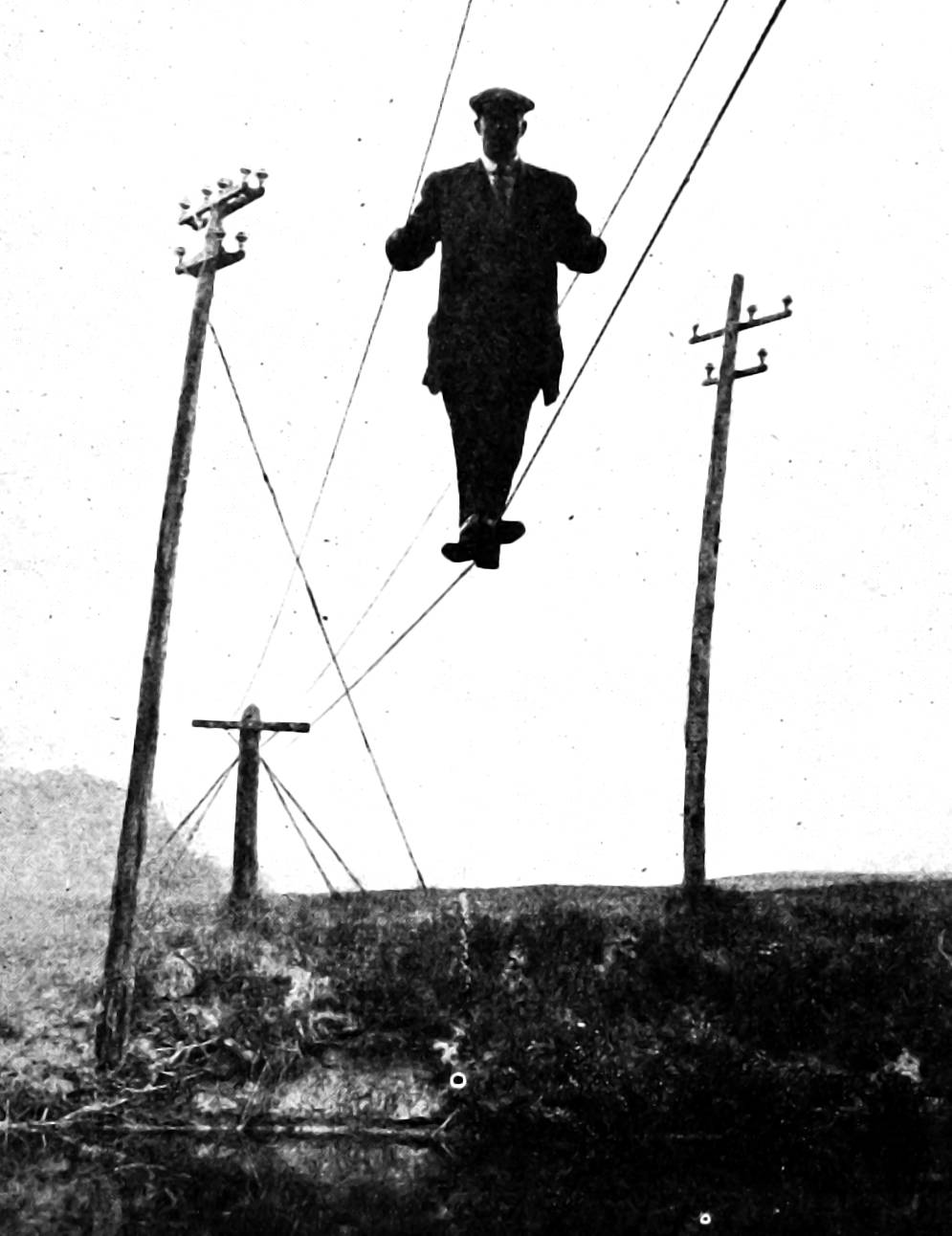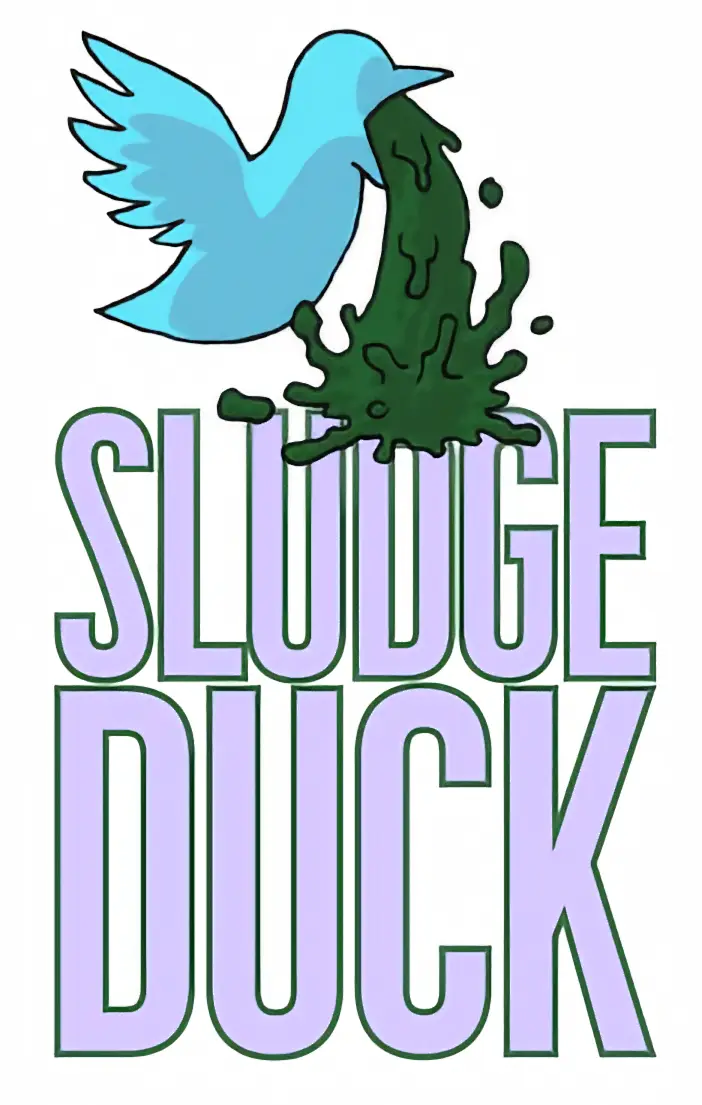Designing less toxic social media
July 11, 2020 — March 27, 2024
Suspiciously similar content
What if we could do less harm minimisation of social network behaviour because they were less toxic, had less addictiveness, and were less fruitful for weaponized corrosivity?
What might such networks look like? Since this is an evolutionary process, I suspect we need to consider an ongoing design process, rather than hoping to nail the perfect solution in one go. Maybe think about everything here as a plausible “next move” rather than “end game”.
1 Indyweb
The artisanal social media movement is a good start. See Indyweb for more.
2 Fediverse
See Fediverse for more.
3 Incoming
- Interesting research: Sarah Dean whose work on the higher order effect of recommendation algorithms looks tasty (Andrus et al. 2021; Dean and Morgenstern 2022; Hron et al. 2022; Xu and Dean 2023).
Nick Punt on de-escalating twitter.
I am not persuaded by the stickiness of debubble the ‘thoughtful twitter debate’ app, but maybe?
Mildly interesting ideas for better social networks although not ideas as to how they would attract custom.
Lauren Weinstein, Social Media Is Probably Doomed
The Coddling of the Australian Mind? A Review of the Evidence
Center for Humane Technology TED-izes this.
Adam Mastroianni, Reading the news is the new smoking
How to Make Tech Products (that Don’t Cause Depression and War)
-
The fix for the internet isn’t to shut down Facebook or log off or go outside and touch grass. The solution to the internet is more internet: more apps, more spaces to go, more money sloshing around to fund more good things in more variety, more people engaging thoughtfully in places they like. More utility, more voices, more joy.
Introducing Civility, by Peter Lewis
This paper outlines the thinking behind the Civility, an iterative project with the potential to build a collaborative public interest network to better connect government, civil society and citizens.
The project is both practical, building better tools for stakeholder and community engagement, and political, constructing an alternative medium for engagement to the commercial platforms that regard user activity as an asset to be exploited.
[…] it proposes three discreet but inter-dependent initiatives:
- A set of digital tools to support collaborative engagement at a stakeholder, member and public level
- A public database of agreed insights to base collaboration around
- A community of registered users who would build a civic network of engaged citizens from the ground up.
Kenneth Stanley: “Announcing Maven: We’ve created a new kind of social network - a serendipity network - that’s directly inspired by insights from open-endedness and Why Greatness Cannot Be Planned. More 👉… https://t.co/WbuTfQXNwS”

